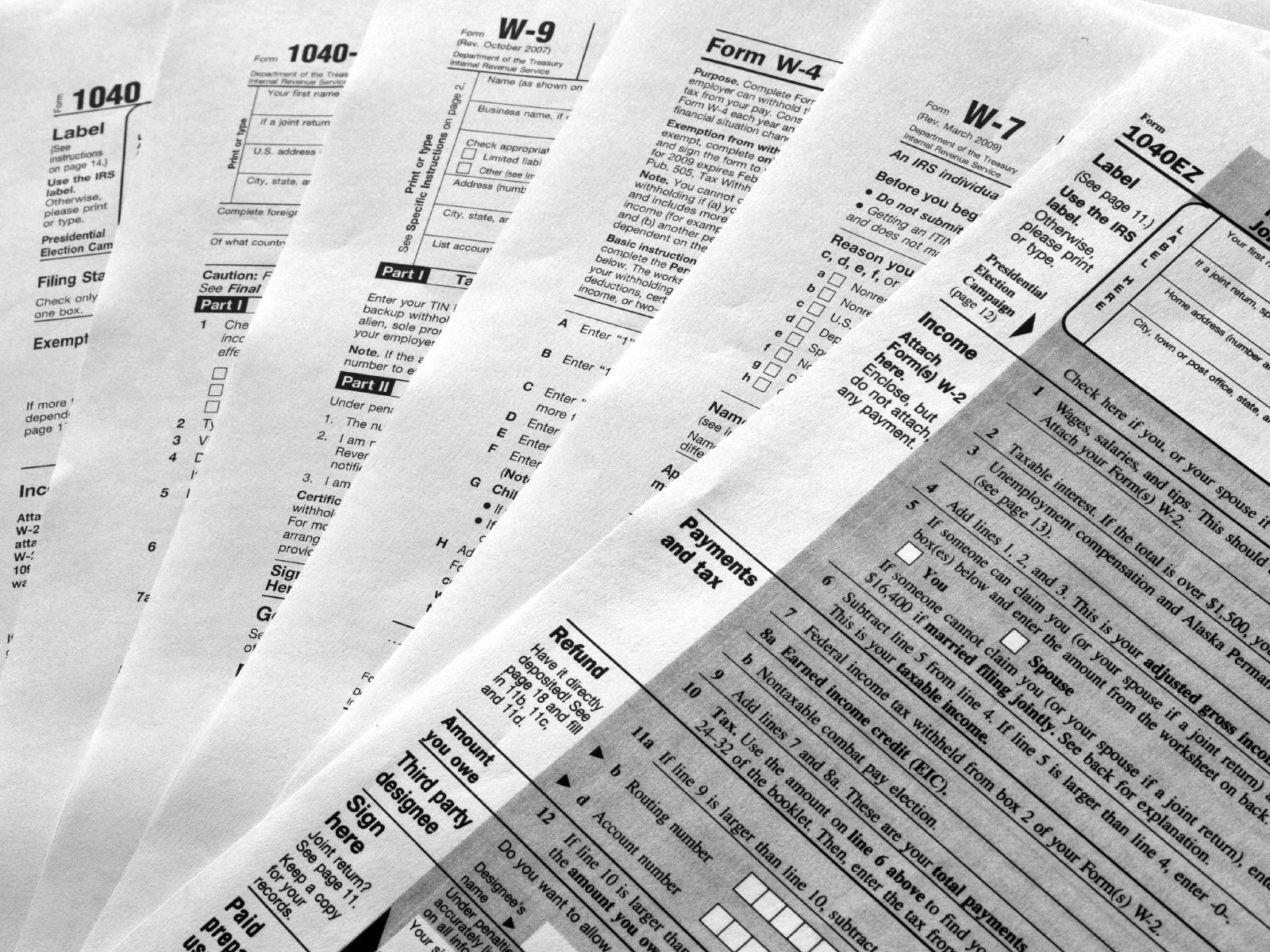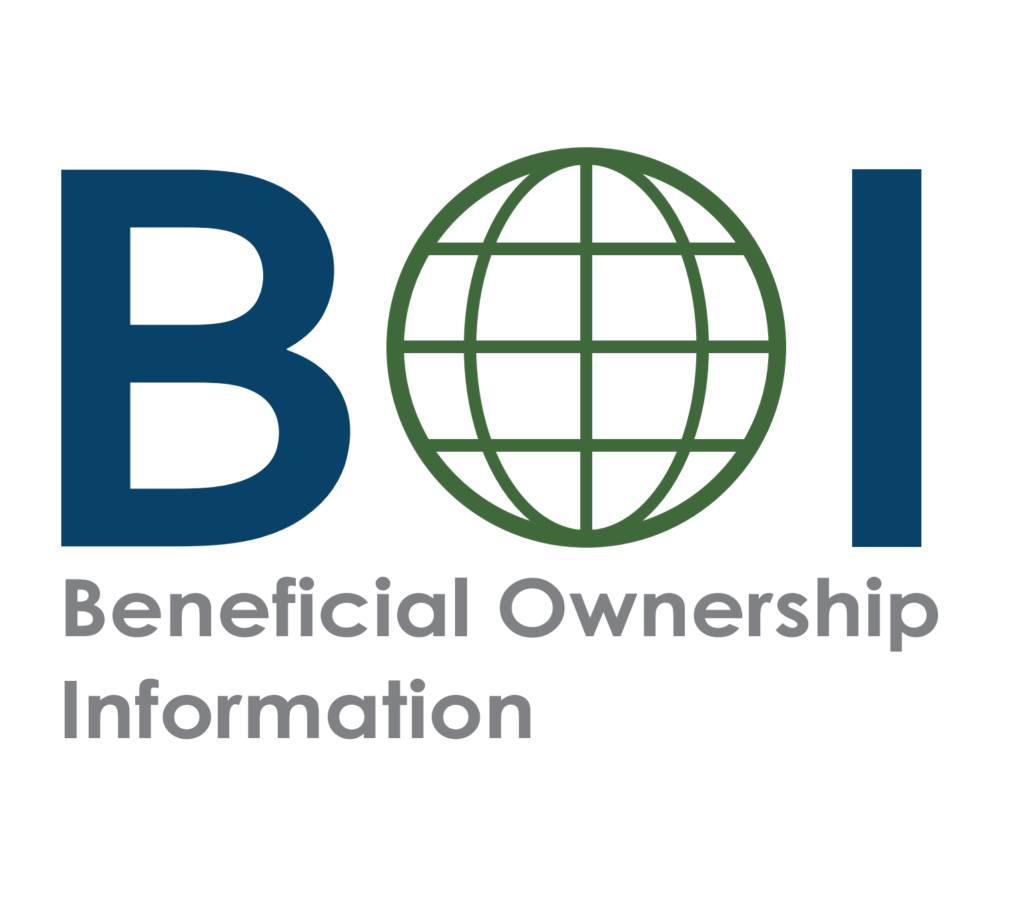How to Avoid Tax Stress Next Year: Start Planning Now
May 21, 2024
Tax season can be a stressful time for many, but it doesn’t have to be. With a little foresight and organization, you can make the next tax season a breeze. Here are some practical steps to help you start planning now and avoid the last-minute rush:
1. Organize Your Documents Year-Round
Instead of scrambling for receipts and documents at the last minute, create a system to keep everything organized throughout the year. Set up a dedicated folder (physical or digital) for all tax-related documents. This includes pay stubs, bank statements, receipts for deductible expenses, and any correspondence from the IRS or your state tax agency.
2. Track Your Expenses
Keeping detailed records of your expenses can save you time and stress when it's time to file. Use apps or spreadsheets to log deductible expenses as they occur. This habit not only simplifies the filing process but also ensures you don't miss out on any deductions.
3. Adjust Your Withholding
Review your current tax withholding to ensure you're not having too much or too little tax taken out of your paycheck. Use the IRS withholding calculator to find the right balance. Adjusting your withholding now can prevent a big tax bill or a large refund next year.
4. Make Estimated Tax Payments
If you're self-employed or have other sources of income that don't withhold taxes automatically, consider making estimated tax payments quarterly. This helps spread out your tax liability over the year, reducing the burden at tax time.
5. Contribute to Retirement Accounts
Contributing to retirement accounts like a 401(k) or an IRA can lower your taxable income. Regular contributions not only benefit your future but also reduce the amount you owe come tax season. Check the contribution limits and take full advantage of any employer matches.
6. Consult with a Tax Professional
Consider meeting with a tax professional before the end of the year. They can offer valuable advice on tax-saving strategies and help you understand any changes in tax laws that might affect you. Regular consultations can ensure you're on the right track and can help identify potential deductions you might not be aware of.
7. Stay Informed About Tax Law Changes
Tax laws can change from year to year. Keep yourself informed about any new tax regulations that may impact your filing. Subscribing to tax newsletters, following reliable financial news sources, or checking the IRS website periodically can help you stay updated.
8. Automate Where Possible
Take advantage of technology to automate parts of your tax preparation. Use financial software to track income and expenses, and consider using tax software to help with filing. Automation reduces human error and can save you a lot of time.
9. Plan for Major Life Changes
Life changes such as getting married, having a child, buying a home, or starting a business can significantly impact your taxes. If you anticipate any of these changes, start planning now to understand how they will affect your tax situation.
By implementing these strategies, you can take control of your tax situation and reduce stress. Planning ahead not only makes tax season easier but also ensures that you make the most of your financial opportunities throughout the year.

A Texas federal court has issued a *nationwide injunction* blocking the enforcement of the Department of Labor’s “corporate responsibility rule.” This decision could have major implications for companies navigating compliance requirements. This means no BOI requirement for Texas LLCs. This is a HUGE WIN. Stay tuned - we will update you the latest news. 💻 Contact us at @krystal.cpa for guidance. #BusinessNews #CorporateResponsibility #TexasCourtRuling #CPAInsights

Tax season can be a challenging time for businesses, with numerous financial documents to organize and complex tax laws to navigate. As the deadline for filing corporate tax returns approaches, it's crucial for businesses to be aware of their options, especially if they need more time to gather necessary information. The Internal Revenue Service (IRS) provides a solution for such situations: the extension of time to file corporate tax returns. In this article, we'll delve into what a tax extension means for businesses, how to request one, and key considerations to keep in mind. What is a Tax Extension for Businesses? A tax extension for businesses is a formal request made to the IRS for additional time beyond the original deadline to file corporate tax returns. Typically, the deadline for filing corporate tax returns is March 15th for calendar year taxpayers. However, by filing for an extension, businesses can extend this deadline, providing more time to ensure accurate and comprehensive tax filings. How to Request an Extension: Requesting a tax extension is a straightforward process. The IRS provides several methods for taxpayers to request an extension, including: Using Form 7004 : Businesses can file Form 7004, Application for Automatic Extension of Time To File Certain Business Income Tax, Information, and Other Returns. This form must be submitted by the original filing deadline and grants an additional six months to file, extending the deadline to September 15th for calendar year taxpayers. Electronic Filing : Many businesses opt to request an extension electronically through tax preparation software or the IRS's e-file system. Hiring a Professional : Businesses can also seek assistance from tax professionals to ensure the proper completion and submission of extension requests. Important Considerations: When considering filing for a tax extension for a business, it's essential to keep the following factors in mind: Extension for Filing, Not Payment : a tax extension for a business only extends the deadline for filing the return, not for paying any taxes owed. Businesses must estimate and pay any taxes owed by the original deadline to avoid penalties and interest. Penalties and Interest : Failure to file corporate tax returns or pay taxes owed by the original deadline can result in penalties and interest charges. While an extension provides more time to file, it does not exempt businesses from these penalties if they fail to meet their tax obligations promptly. State Tax Obligations : In addition to federal taxes, businesses must also consider state tax deadlines and requirements. Some states align their deadlines with federal extensions, while others may have separate procedures that businesses need to follow. Requesting an extension of time to file corporate tax returns can be a valuable option for businesses needing additional time to ensure accurate and comprehensive tax filings. By understanding the process and important considerations involved, businesses can effectively manage tax deadlines and ensure compliance with IRS regulations. Whether opting for electronic filing, utilizing Form 7004, or seeking assistance from tax professionals, proactive management of tax obligations is essential for businesses to navigate tax season successfully. Remember, staying informed and planning ahead is key to minimizing stress and ensuring a smooth tax filing process for your business.

Welcome to a stress-free tax season! As the calendar flips, it's that time of the year again – tax time. While the thought of navigating through piles of paperwork may seem daunting, fear not! We've crafted the ultimate guide to make preparing your tax documents a breeze. Whether you're a seasoned pro or tackling your taxes for the first time, our step-by-step guide is here to walk you through the process with ease. So, grab your favorite beverage, settle into your comfy chair, and let's embark on a journey to prepare your tax documents. Step 1: Understand Your Tax Situation Before diving into document preparation, take a moment to understand your unique tax situation. Consider factors such as changes in income, new deductions, or any significant life events that might affect your tax liability. Step 2: Create an Organization System Establish an efficient organization system for your documents. Whether you prefer physical folders or digital tools, categorize your documents into sections such as income, deductions, investments, and personal information. Label each section clearly. Step 3: Gather Personal Information Collect personal information for yourself, your spouse, and any dependents. This includes Social Security numbers, birthdates, and addresses. Verify that all details are accurate and up-to-date. Step 4: Collect Income Documents Gather all income-related documents, including: W-2s from your employer(s) 1099 forms for additional income sources (freelance work, side gigs, etc.) Any other income documentation (e.g., alimony, rental income) Step 5: Organize Deduction and Credit Documents Compile documents related to potential deductions and credits: Mortgage interest statements Receipts for charitable contributions Education expense records Proof of medical expenses Any other relevant deduction receipts or statements Step 6: Document Investments Thoroughly For individuals with investments, gather: Brokerage statements Records of stock sales and purchases Statements for retirement accounts (401(k), IRA, etc.) Step 7: Self-Employed Individuals - Additional Steps If you're self-employed, ensure you have: Business income statements Receipts for business expenses Records of estimated tax payments Step 8: Check for Health Insurance Documentation Collect health insurance forms: 1095-A, 1095-B, or 1095-C, depending on your coverage Ensure you meet any health coverage requirements or be aware of applicable exemptions Step 9: Review and Confirm Take time to review all collected documents. Double-check for accuracy and completeness. Ensure you haven't missed any important forms or receipts. Step 10: Seek Professional Advice if Needed If you have complex financial situations or uncertainties, consider seeking advice from a tax professional for expert guidance in your tax return journey. With over 10 years of tax experience, our team, led by Krystal Le, CPA, ensures personalized solutions tailored to your unique needs. We are confident in delivering satisfaction through accurate and efficient filing. Choose us for a stress-free tax season and let our experience work for you. Your financial success is our commitment! By following these step-by-step guidelines, individuals can approach tax preparation with confidence and ensure a smoother filing process.

Effective January 1, 2024, many companies in the United States must report information about their beneficial owners—the individuals who ultimately own or control the company—to the Financial Crimes Enforcement Network (FinCEN), a bureau of the U.S. Department of the Treasury. Beneficial ownership information reporting is not an annual requirement. Unless a company needs to update or correct information, a report only needs to be submitted once. Who Has to Report? Companies required to report are called reporting companies. There are two types of reporting companies: Domestic reporting companies are corporations, limited liability companies, and any other entities created by the filing of a document with a secretary of state or any similar office in the United States. Foreign reporting companies are entities (including corporations and limited liability companies) formed under the law of a foreign country that have registered to do business in the United States by the filing of a document with a secretary of state or any similar office.

🚨 BIG NEWS: Tax Relief for American Families & Workers Act of 2024 just in! 📜💼 Highlights: ✅ 100% Bonus Depreciation restored ✅ Reversal of 174 amortization ✅ 1099 threshold now higher than $600 (first time since 1950!) 🔥 Retroactive relief for wildfire & disaster 👶 Enhanced Child Tax Credit ⏳ ERC wraps up Jan 31, 2024 HOLD OFF on filing individual/business returns! Needs Congressional & Presidential approval. 💼📈 #TaxUpdate #TaxRelief2024 #CPALife @krystal.cpa 🌟 Details 👉 https://waysandmeans.house.gov/smith-wyden-announce.../...

ATTENTION LANDLORDS! 📣✨ Discover STESSA - YOUR FREE RENTAL MANAGEMENT SOLUTION! 🎉 🚗 Mileage Tracking 💸 Manual Expense Tracking 🏦 Auto Bank Feed 📊 Data Export for Tax Purposes 🗓️ Basic Monthly Reporting https://www.stessa.com/ Ditch the complexities of QuickBooks for STESSA's straightforward expense tracking! 🔄💼 #CostEffective #RentalManagement #STESSAFreeTool #QuickBooksAlternative @krystal.cpa 🚀🏠

Big news! The Biden administration has just erased a colossal $39 billion in student loan debt, impacting over 800,000 borrowers! 🙌 #StudentLoanForgiveness 💸 We're keen to hear your stories - did your student loans get the green light for forgiveness too? Let us know! 🤔💭 Source: https://twitter.com/foxnews/status/1679817344841924608...

